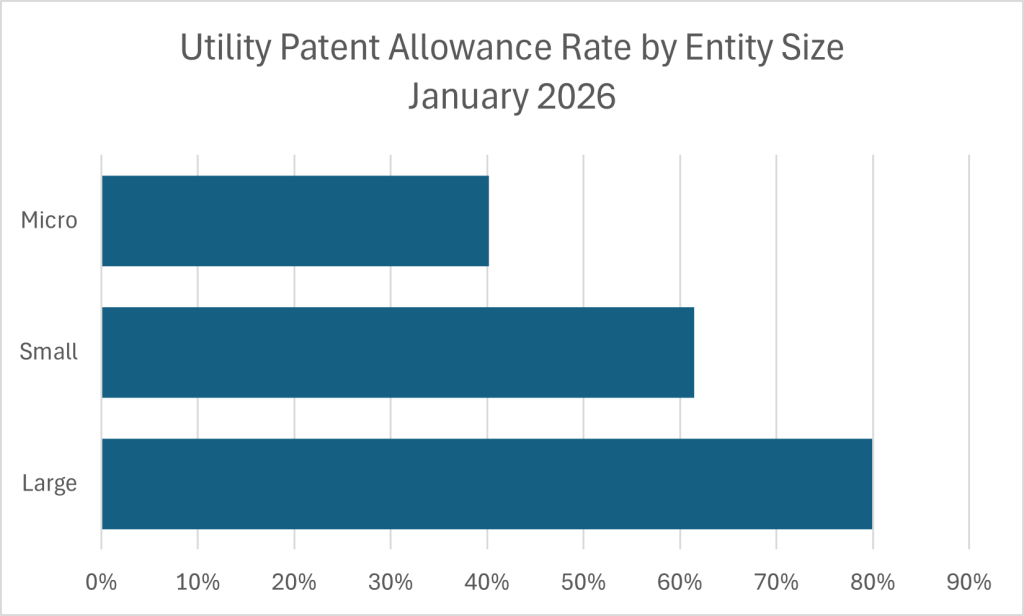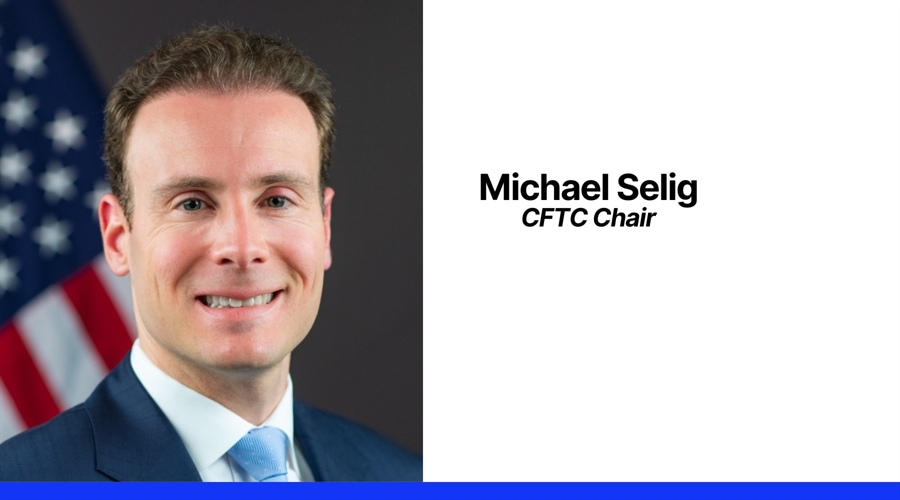Methodological individualism is best known for its applications in economics, and its importance for historical analysis is often overlooked. The main significance for historical inquiry lies in rejecting the dominant discourse which explains historical events purely by reference to collective group identity such as race or class. According to activist historians, the heritage of a people is ascertained not from how it was understood by individuals, or by the families, neighborhoods, counties, or states with whom such individuals joined cause of their own volition, but is to be decided on everyone’s behalf by Marxist-adjacent “experts” who designate collective group heritage based on people’s race, class, or national identity. For example, SPLC declares that the cultural heritage of the American South is founded on “white supremacy” and that any dissenting views from individual Southerners on this matter are irrelevant:
The Confederacy was founded on the very idea of white supremacy. Regardless of the individual motives of any single historical figure, each Confederate was involved in an explicit project to preserve the indefensible institution of chattel slavery.
They attribute this view to all Confederates as a collective group, including those who did not own any slaves or even those who declared slavery to be a moral and political evil. SPLC explains that the specific circumstances of individual Confederates are irrelevant, and it is also irrelevant if they do not personally uphold the principles of “white supremacy”:
Our personal beliefs can’t change the history of the Confederacy, which was founded upon a belief in white supremacy—nor can they change the effect a symbol has on others… This issue isn’t about the personal motivations of one soldier. It is clear that as a government the Confederacy endorsed slavery and white supremacy.
They do not deny that individual Southerners may have had a different view, but they consider views that dissent from their historical narrative to be irrelevant. They similarly aver that all black people—being in a condition of oppression and exploitation—cannot be said to have done anything voluntarily regardless of whether they were slaves or free. Once again, they do not claim that there are no exceptions to this ideological doctrine—their view is that the exceptions are irrelevant. The collective “endorsement of slavery and white supremacy” in the South is derived by SPLC from the speech of one man—Confederate Vice President Alexander Stephens. Significantly, no attempt is made to understand the context of his speech, or why he said what he did, because that is of course deemed to be irrelevant. The question may then be asked why Abraham Lincoln’s endorsement of slavery and white supremacy—expressed in words very similar to those expressed by Alexander Stephens—is not similarly attributed to the American North. The answer remains the same: it is not because of anything Lincoln said to excuse his own white supremacist views but rather by reference to the collective role already pre-assigned to the Union. SPLC explains: “The difference is that, unlike the Confederacy, those historical figures [in the North] are not generally being honored because of legacies so closely associated with white supremacism and violent race-based oppression.” This self-referential collectivist historical method attributes “white supremacy” to the American South but not the American North, then relies on its own assertion to claim that the reason why Alexander Stephens’s words concerning racial inequality are significant, while the same words uttered by Lincoln are not significant, is because the South is associated with white supremacy but the North is not.
This is no way to understand history. In his article “How to Use Methodological Individualism,” Jörg Guido Hülsmann observes that methodological individualism is an important method of historical inquiry. He distinguishes between the role played by methodological individualism in economic theory and historical inquiry, clarifying the sense in which “methodological individualism is a precious tool for historical analysis.” Although Hülsmann’s main aim is to explain the methodology of economics, his comments on historical analysis are nevertheless very helpful in understanding some of the problems of contemporary discourse on history. Much can also be learned from the response of Ludwig von Mises to the “various metaphysical schools” who criticize Austrian economists for their principle that the science of human action “deals with the actions of individual men.” These critics insist that society can only be understood as a collective whole, and that we should focus on “social action” not “individual action.” They argue that, as Mises puts it, “man as man is the product of a social evolution.”
One important goal in historical inquiry is to identify the “ideas and value judgments” that influenced individual action, to understand why they took the action they did, a specifically historical inquiry that aims to establish what Hülsmann calls “contingent causes” of human action:
. . . the causal chains through which ideas and value judgments are connected with human action are contingent. According to Mises, the elucidation of these contingent causal chains is the specific task of historical research.
As Mises explains, “. . . it is the meaning which the acting individuals and all those who are touched by their action attribute to an action, that determines its character.” Historical inquiry into why people made the choices they did will reveal the influence of many different factors, some of which may surprise us. The historical truth of human choices and decisions cannot be set aside by arguing that nobody of that race or class would be expected to act as they did. Further, historical analysis cannot establish immutable or invariant laws by which people must necessarily act, but can only ascertain why particular individuals in fact acted as they did. We cannot explain Alexander Stephens’s comments on racial inequality by saying “he was a slave-owner from Georgia” while explaining Abraham Lincoln’s entirely similar comments on racial inequality by saying “he was married to a woman who inherited slaves from her father, but he was from Illinois so different moral standards apply.” In that way contemporary historians attempt to ascertain the meaning of historical events by reference to pre-determined moral indictments that apply to all members of a defined group but to no members of other groups.
While Karl Marx purported to have identified historical laws according to which history inexorably evolves, and saw individual action as being materially determined by their historical conditions, Murray Rothbard is right to point out that Marxist laws of historical determinism are at best fuzzy and at worst meaningless. Thus, we see the importance of methodological individualism in ascertaining the truth about history. As Hülsmann explains, in the context of economic history:
Historical analysis, if it just sticks to the known facts, must explain all social phenomena as resulting from individual action, and the causal chain of events must start and end with the ideas and value judgments of individuals. History describes in retrospect how the acting person perceived the situation in which he had to act, what he aimed at, what he believed to be the means at his disposition. And it uses the laws provided by economics and the natural sciences to describe the objective impact that the acting person had through his behavior. Thus the mission of history is to describe the drama of social and economic evolution from the point of view of its protagonists. Its own specific tool in this task is “psychology” or—Mises’s favorite expression—“thymology.”
Hayek’s concern in “Individualism: True and False” also points to the importance of focusing on individual action. Hayek saw “true individualism” as “primarily a theory of society, an attempt to understand the forces which determine the social life of man.” Because society is formed by interaction between individuals, it follows that we must look to individuals to understand historical events. As Hayek explains,
. . . there is no other way toward an understanding of social phenomena but through our understanding of individual actions directed toward other people and guided by their expected behavior.
These observations are not only relevant for understanding economic or social interactions, but for understanding human action in a broader sense. In understanding historical events, this focus on the individual means that values and preferences are not collectively determined by reference to group status. Mises does not deny that an individual’s choices are influenced by his material conditions, nor does he deny the importance of social context in understanding human action:
Nobody ventures to deny that nations, states, municipalities, parties, religious communities, are real factors determining the course of human events. Methodological individualism, far from contesting the significance of such collective wholes, considers it as one of its main tasks to describe and to analyze their becoming and their disappearing, their changing structures, and their operation. And it chooses the only method fitted to solve this problem satisfactorily…the way to a cognition of collective wholes is through an analysis of the individuals’ actions.
The point is that in the context of historical analysis, any person’s understanding of his own culture cannot be “debunked” by reference to the perceived discrepancy between the views he expresses and his race, class, or time in which they lived. We must therefore reject the arguments of historians who insist that the individual opinions or actions of anyone in the American South are irrelevant, and reject their preposterous assertion that the only valid explanation for anything pertaining to the American South is “white supremacy.”


























